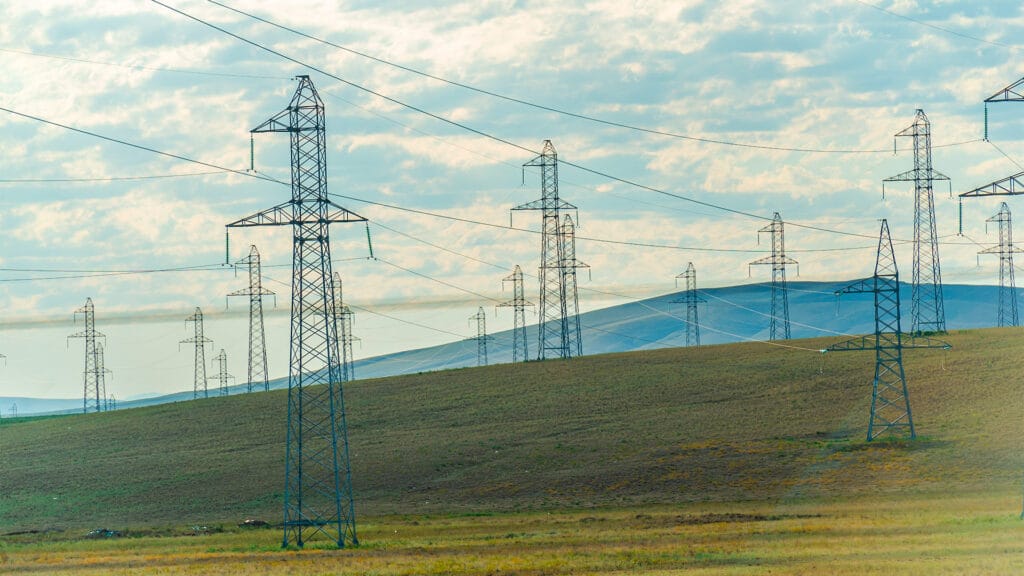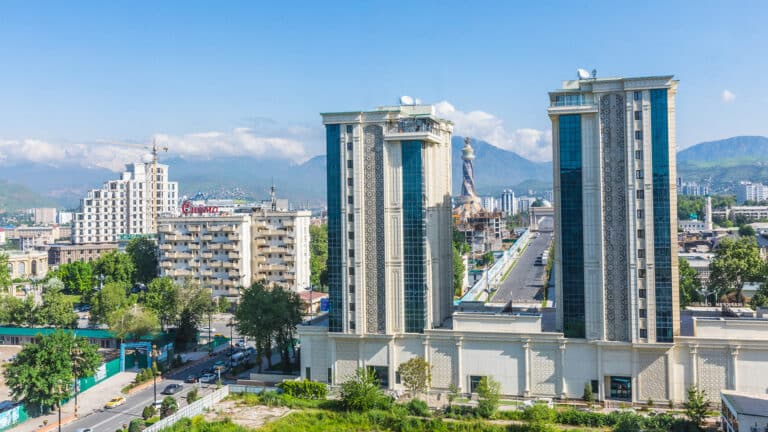
Two districts in the West Kazakhstan region that currently receive electricity from Russia are set to reduce their dependence on Russian energy supplies by launching local power sources, according to Nariman Toregaliev, akim (governor) of the West Kazakhstan region.
«Reducing dependence on foreign sources is one of the most critical issues in the energy sector. Currently, the Zhanibek and Bokeiorda districts rely entirely on electricity from the Russian Federation. In response, we are in negotiations to install a 5-megawatt (MW) gas piston power plant, a project being developed in partnership with the Ministry of Energy,» Toregaliev said during a press conference.
The Bokeiorda and Zhanibek districts meet their electricity demand through Russian supplies totaling 5 MW. With the planned 5 MW gas piston power plant funded by a private investor, whose name was not disclosed, these districts are expected to move significantly closer to achieving energy independence.
Additionally, Toregaliev noted that some regional settlements currently receive gas through Russian supplies. These include three villages in the Zhanibek district (Kamysty, Borsy and Talovka) and one village in the Baiterek district (Razdolnoye).
A contractor has already been selected to construct a local gas pipeline in the Zhanibek district, with work scheduled to begin in 2025. A similar project is under development for the Baiterek district. Once completed, these projects will allow villages in both districts to access gas from Kazakhstan.
The region also plans to undertake 12 projects to upgrade its power grid infrastructure for $54 million. About 81% of the region’s 20,000 kilometers of power grids are physically deteriorated. These modernization efforts are expected to reduce the wear and tear rate to 62%.
During the press briefing, Toregaliev presented slides detailing plan by Hyundai Solar KZ 777, a South Korean firm, to invest nearly $164 million for processing solid waste, building a greenhouse facility and launching a solar power plant. Moreover, China Energy is planning a $272 million expansion of its power plant in the West Kazakhstan region, which will increase its capacity to 300 MW.













